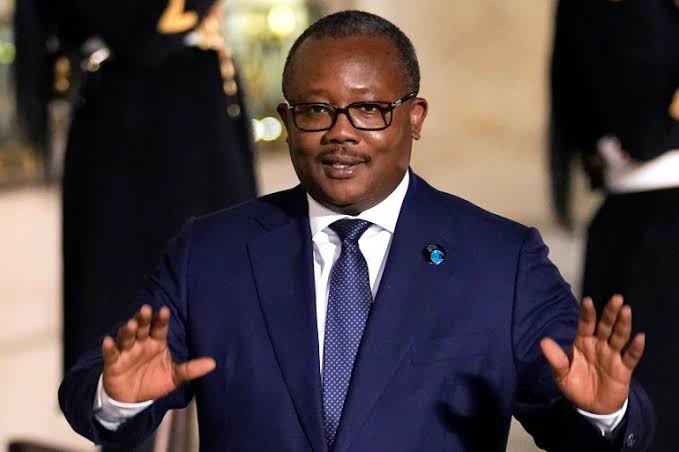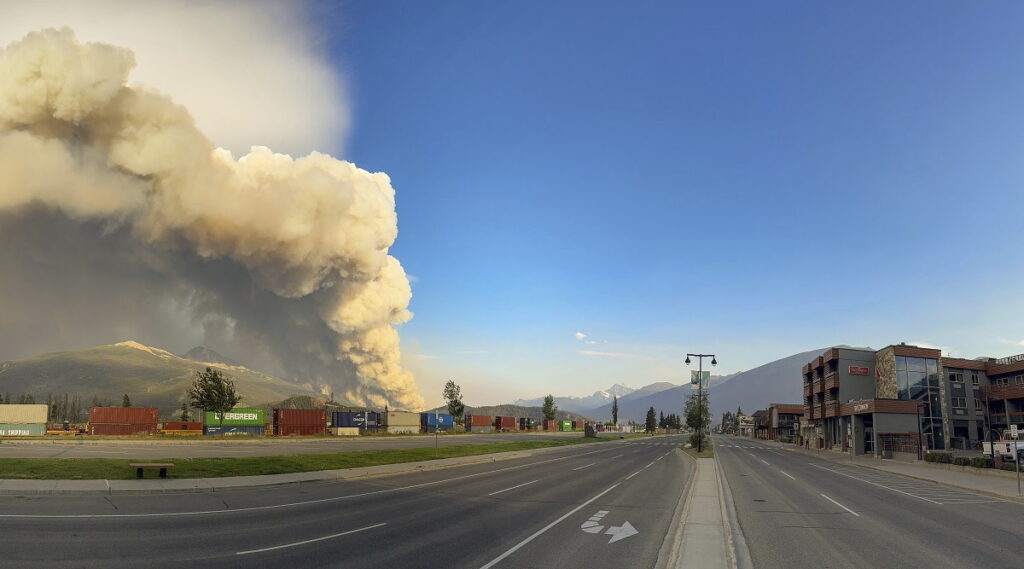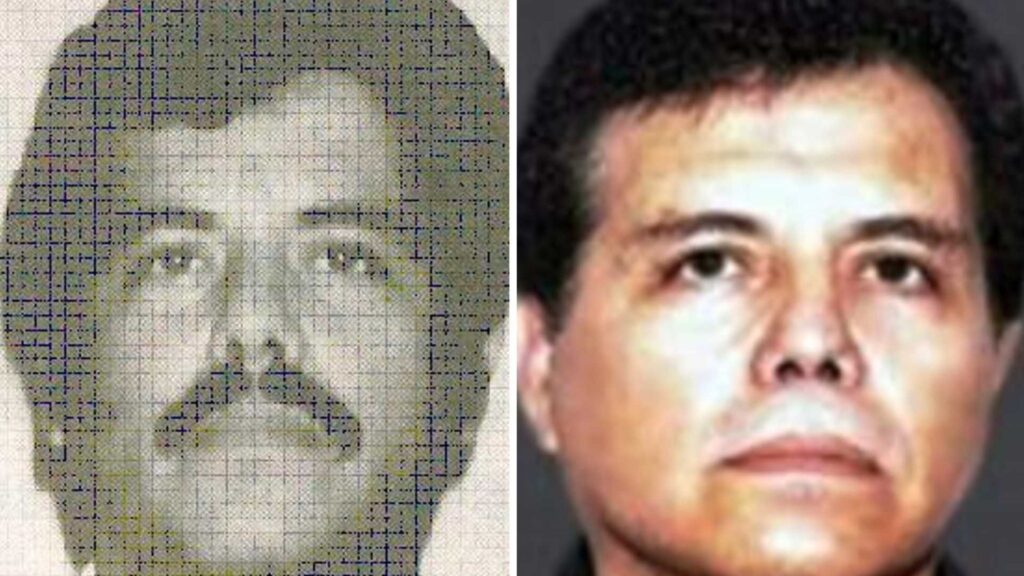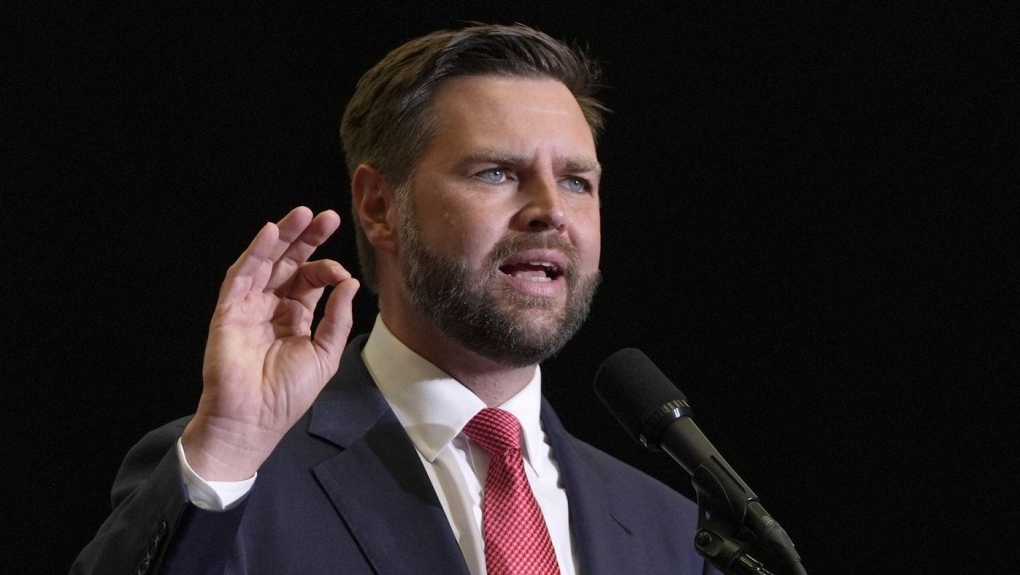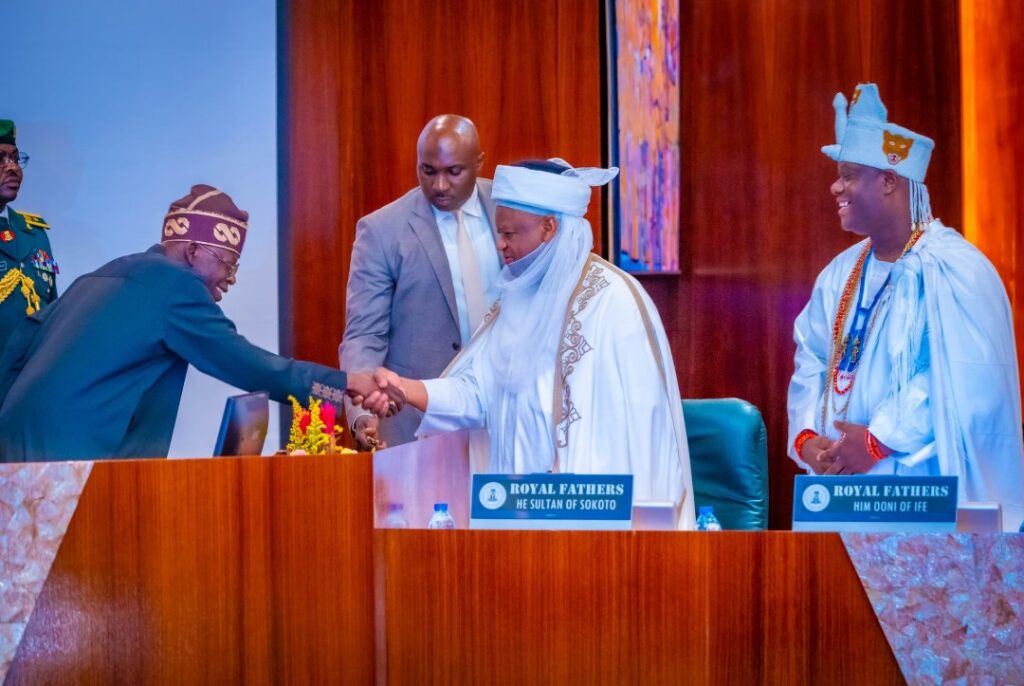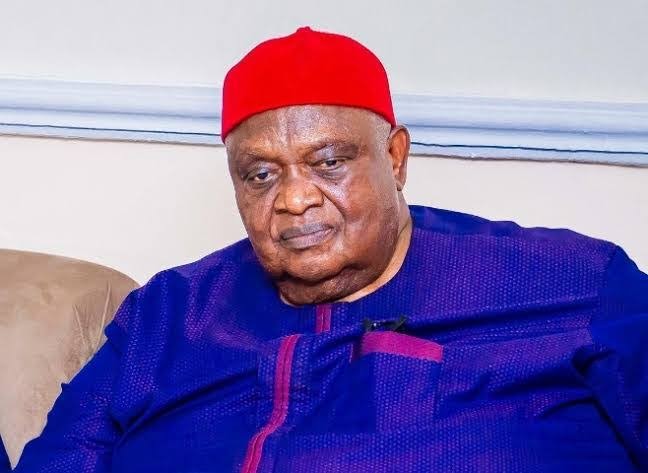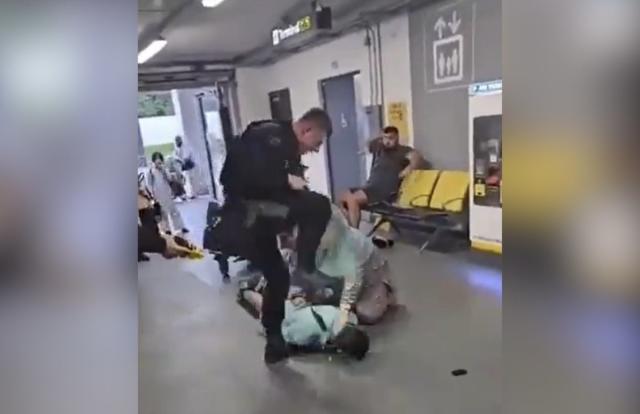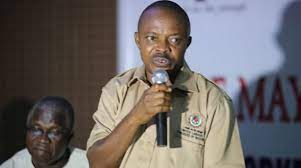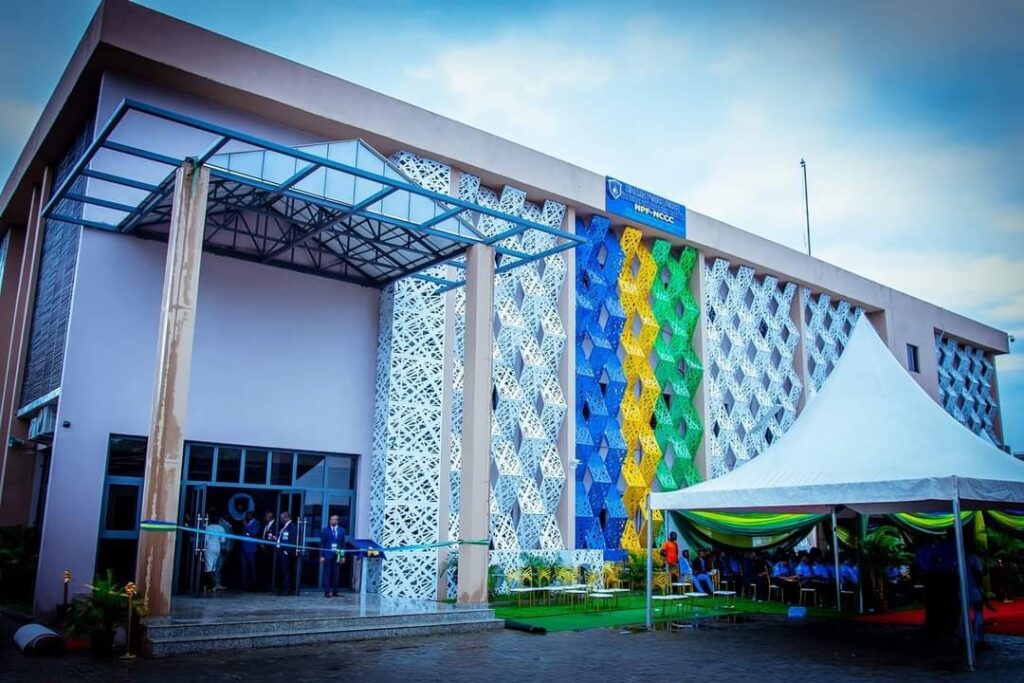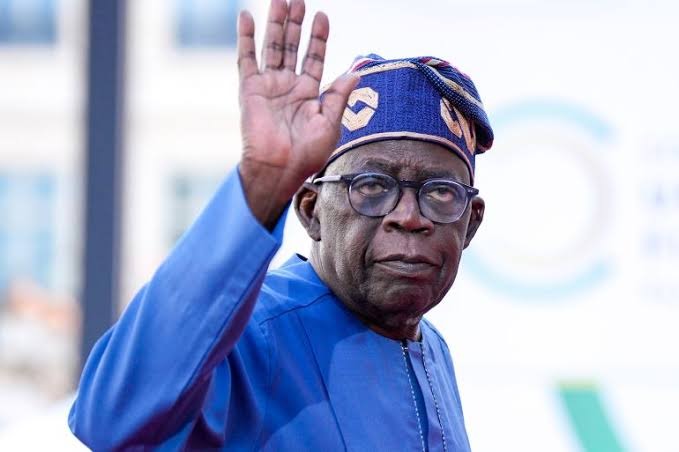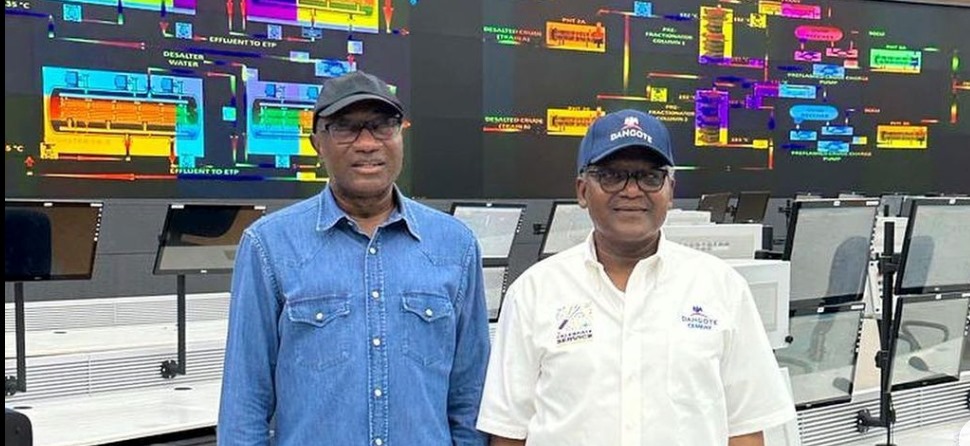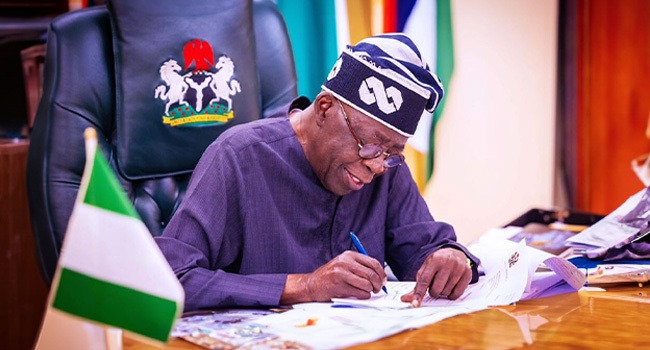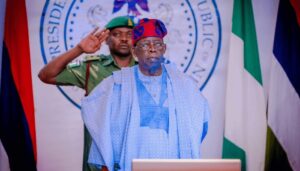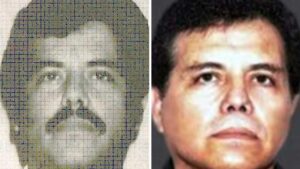In response to what he termed an “attempted coup,” President Umaro Sissoco Embalo dissolved parliament in Guinea-Bissau on Monday, announcing fresh elections would take place in accordance with the constitution.
The move came after violence erupted between the National Guard and presidential guard special forces last Thursday, resulting in two deaths. President Embalo, attending the COP28 climate conference in Dubai, returned on Saturday, declaring an “attempted coup d’etat” had prevented his earlier return.
He cited “complicity” between the National Guard and certain political interests, making the normal functioning of state institutions impossible.
The country has a history of coups since gaining independence in 1974.
Elected to a five-year term in December 2019, Embalo survived a bid to overthrow him in February 2022.
Members of the National Guard had Thursday evening stormed a police station to extract Finance Minister Souleiman Seidi and Treasury Secretary Antonio Monteiro, who were being held for questioning, according to army and intelligence officers.
The guardsmen then took shelter at a military camp in the capital where they held out until Friday.
Calm had returned by noon Friday following an announcement that the army had captured National Guard commander Colonel Victor Tchongo.
The skirmishes are considered the latest flare-up in the deep political divide between the opposition-led government and the presidency.
The National Guard is under the control of the interior ministry, which, like most ministries in the country, is dominated by the PAIGC party whose coalition won the June 2023 elections.
The prosecutor’s office, which ordered the questioning of the two government officials, is controlled by the presidency.
Corruption Charges against State
The two officials, questioned regarding the withdrawal of $10 million from state accounts, were re-arrested after the army intervened, removing them from National Guard protection.
In Monday’s proclamation, the president criticized “government passivity,” accusing the National Guard of hindering investigations into the implicated officials.
Embalo criticized parliament for choosing to “defend executive members suspected of corruption” rather than “vigorously applying the law” and fulfilling its role as a government action oversight.
Ada Peter

